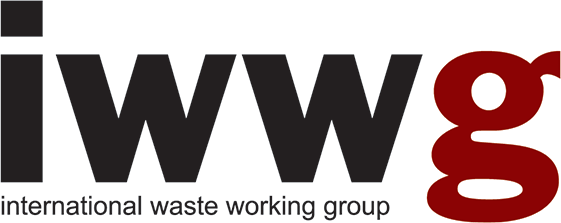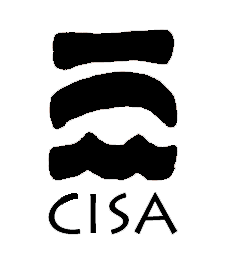by Marco SCHIAVON, University of Padova, Italy
contact: marco.schiavon.2@unipd.it
Not only papers: journal articles capture the latest sparks, but scientific books tell the longer story. They weave technologies, policies, and social impacts into coherent frameworks, trace decades of successes and failures, and offer context that helps researchers and practitioners understand why today’s solutions work – or don’t – in one only scientific product. That is why Detritus offers its readers the “Books Reviews” column: a chance to get a thorough overview of newly released books, gain insights into new processes, opportunities, perspectives and, possibly, get inspired for new reading.
| BOOKS REVIEW by Marco Schiavon | |
|---|---|
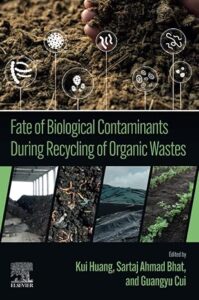 | FATE OF BIOLOGICAL CONTAMINANTS DURING RECYCLING OF ORGANIC WASTES “The book presents the results of recent |
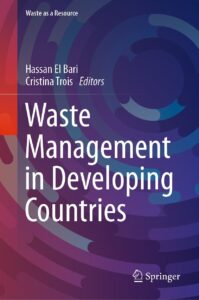 | WASTE MANAGEMENT IN DEVELOPING COUNTRIES “The book is aimed at a broad readership, from sector experts to readers without consolidated experience in this field. Indeed, through its 12 chapters, the book provides a detailed analysis of the state-of-the-art of solid waste management (SWM) in developing countries (DCs), appropriate technologies to be adopted, and the impact of inadequate SWM on the environment and human health, also considering the greenhouse gas (GHG) emissions. Social aspects are also discussed. World-renowned experts were involved in writing the book.” |
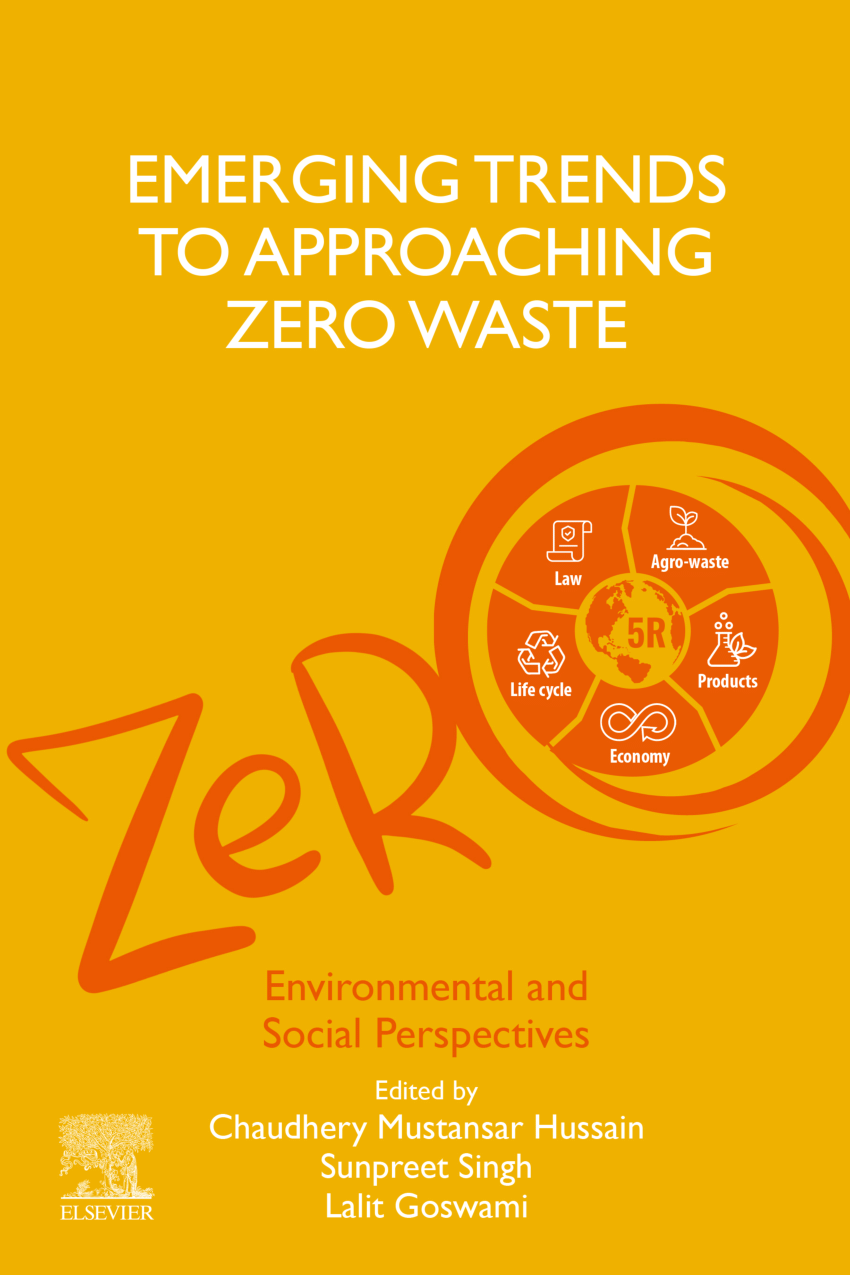 | EMERGING TRENDS TO APPROACHING ZERO WASTE “The book “Emerging Trends to Approaching Zero Waste” is a collection of contributions that shed light on different possible approaches for waste minimization and, ideally, zero waste production. Strategies to approach zero waste generation have been studied and continuously proposed since the end of last century, with a number of publications on this topic that has grown exponentially, following the same pattern of the academic works on circular economy, whose principles are tightly connected to the zero-waste concept.” Download full article |
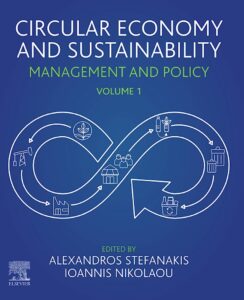 | CIRCULAR ECONOMY AND SUSTAINABILITY: MANAGEMENT AND POLICY (VOLUME 1) “The book “Circular Economy and Sustainability: Management and Practices” is an anthology consisting of 34 chapters written by a total of 82 people. The book, which comprises a total of 698 pages, is very comprehensive and thematically diversified – it covers several different aspects of circular economy (CE) and sustainability. This first volume of a two-part series focuses on the management and policy aspects of circular economy and sustainability in various fields and disciplines.” Download full article |
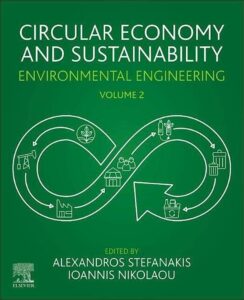 | CIRCULAR ECONOMY AND SUSTAINABILITY: MANAGEMENT AND POLICY (VOLUME 2) “This is a second volume of the two books, which are dedicated for the analysis of the concept and application of the principles of circular economy as an integral part of the sustainable development. This second volume is devoted to the engineering and technology aspects of these processes. The book presents a variety of perspectives, explores diverse solutions and concepts related to the implementation of circular economy and sustainability. The book contains information that can be useful for a broad range of professionals, scholars and decision makers by helping them to better understand the meaning of the circular economy concept”. Download full article |
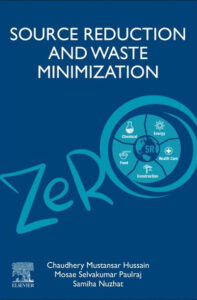 | SOURCE REDUCTION AND WASTE MINIMIZATION “The book “Source Reduction and Waste Minimization” bases its core principles on the concept of industrial waste prevention, considered by the authors as the best strategy to waste issues, according to the motto “Prevention is better than cure”. The authors investigate this topic from the point of view of several industrial sectors, adopting a schematic approach to highlight the types of waste generated in each sector and the related available strategies to minimize waste at the source. “. Download full article |
| BOOKS REVIEW by Roberto Raga | |
|---|---|
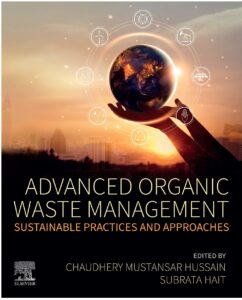 | ADVANCED ORGANIC WASTE MANAGEMENT: “The book Advanced Organic Waste Management: Sustainable Practices and Approaches is divided into six thematic parts which are further subdivided into a total of twenty-eight chapters that explicitly outline the problems related to organic waste and how to manage them sustainably. In the first part, organic waste is defined and characterised and the issues related to their disposal are discussed. Parts two and three cover resource recovery and energy recovery methods which play a major role in waste reduction and valorisation.” Download full article |
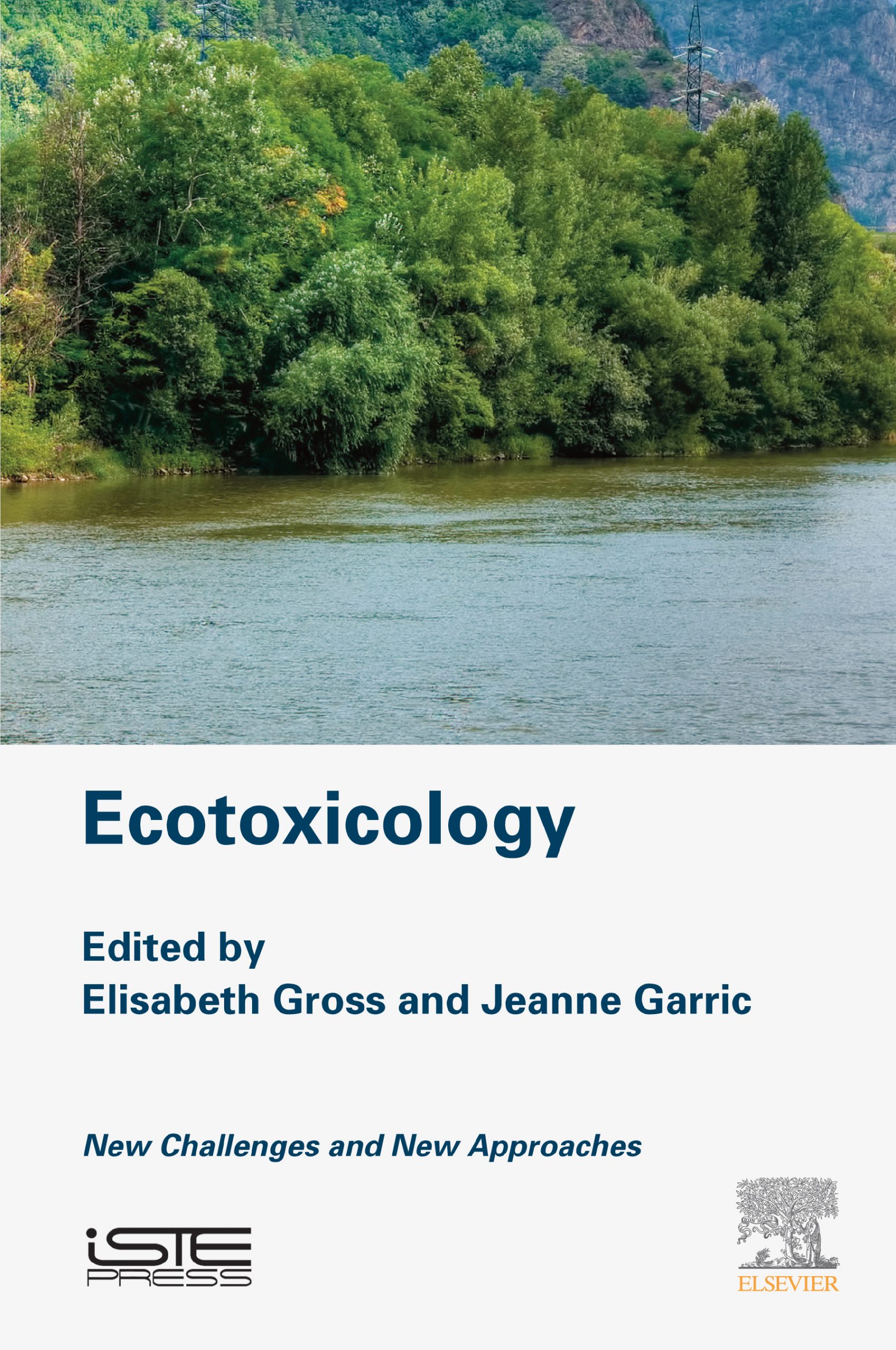 | ECOTOXICOLOGY, NEW CHALLENGES AND NEW APPROACHES “Ecotoxicology is a relatively young field resulting initially from a series of studies concerning pollution accidents affecting humans and the environment in the 1950s. At the same times, there was the birth of the concept of chemical ecology. Both fields have a somewhat different focus, yet they have more in common than just the prefix “eco”. Both look at the impact of compounds on organisms; while ecotoxicology focuses mainly on anthropogenic pollutants, chemical ecology concentrates on natural metabolites produced by certain species and affecting others.The main idea behind the book, which consists of 6 chapters by different authors, is to highlight current challenges and emerging approaches in ecotoxicology. One of the most important challenges is the better inclusion of chemical ecology in ecotoxicology.” Download full article |
 | BUYING AND SELLING THE ENVIRONMENT – HOW TO DESIGN AND IMPLEMENT A PES SCHEME “Payments for environmental services (PES) are attracting growing interest worldwide as the natural capital becomes increasingly depleted under mounting, often conflicting, land-use pressures, proving definitely greater than socially optimal due to different sources of market failure (e.g., presence of externalities, public recognition of the majority of natural assets, imperfect definition of property rights and asymmetry of information).” Download full article |
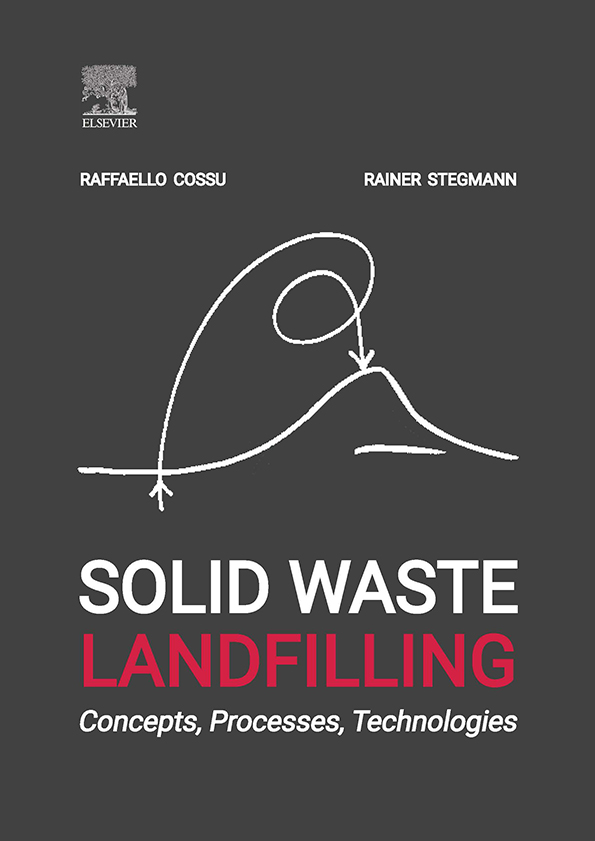 | SOLID WASTE LANDFILLING – CONCEPTS. PROCESSESS, TECHNOLOGY “Material management, however efficient and cyclical it is, will generate waste. Even solid waste management, including recycling or energy recovery, generates waste that can no longer be recycled, re-used or exploited in any other way. To complete the waste management system we must have a way out of the cycle, so part of the system must take care of the “rejected” material flows. That is what we need a landfill for. Landfilling, despite tendencies to diminish its importance, is an inevitable element of any waste management system. A landfill is the society’s liver helping to eliminate toxins or detoxify it.” Download full article |
 | SUSTAINABLE FOOD WASTE-TO-ENERGY SYSTEMS “The relationship between human beings and food has evolved considerably throughout the ages. |
 | HYDROGEN SUPPLY CHAINS – DESIGN, DEPLOYMENT AND OPERATION “The pathway to develop a hydrogen economy is very flexible due to the variety of available energy sources, production processes, and transportation and storage modes. Considering this scenario, Hydrogen Supply Chains: Design, Deployment and Operation demonstrates how each part of a hydrogen supply chain (HSC) is interconnected. It explores these parts from different angles to form a wellrounded view of the entire chain, including techno-economic and environmental aspects. |
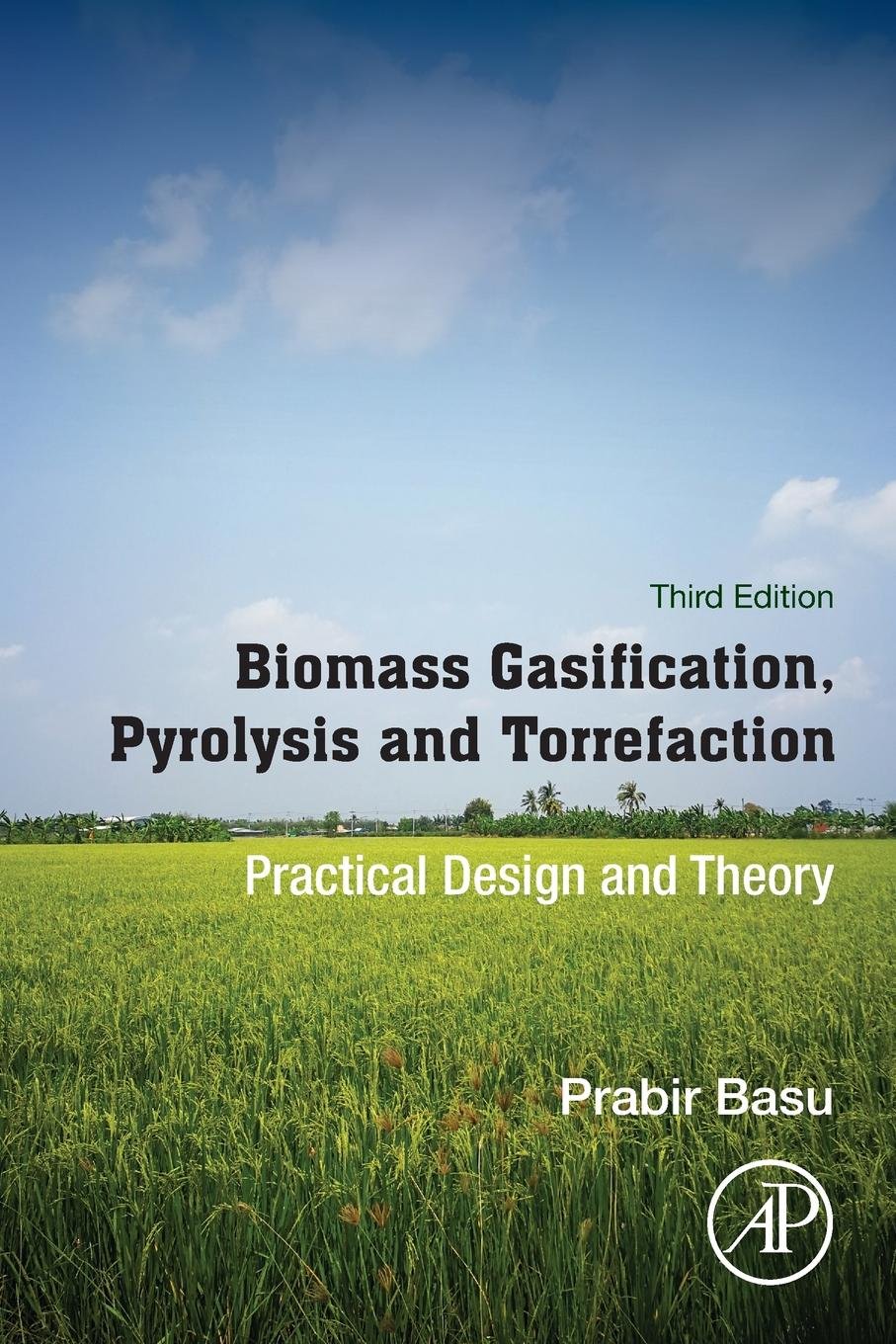 | BIOMASS GASIFICATION, PYROLYSIS AND TORREFACTION – PRACTICAL DESIGN AND THEORY / Third edition “The increasing costs of adverse effects caused by accelerated climate change are compelling the entire economy to rely on processes capable of minimizing GHG emissions. |
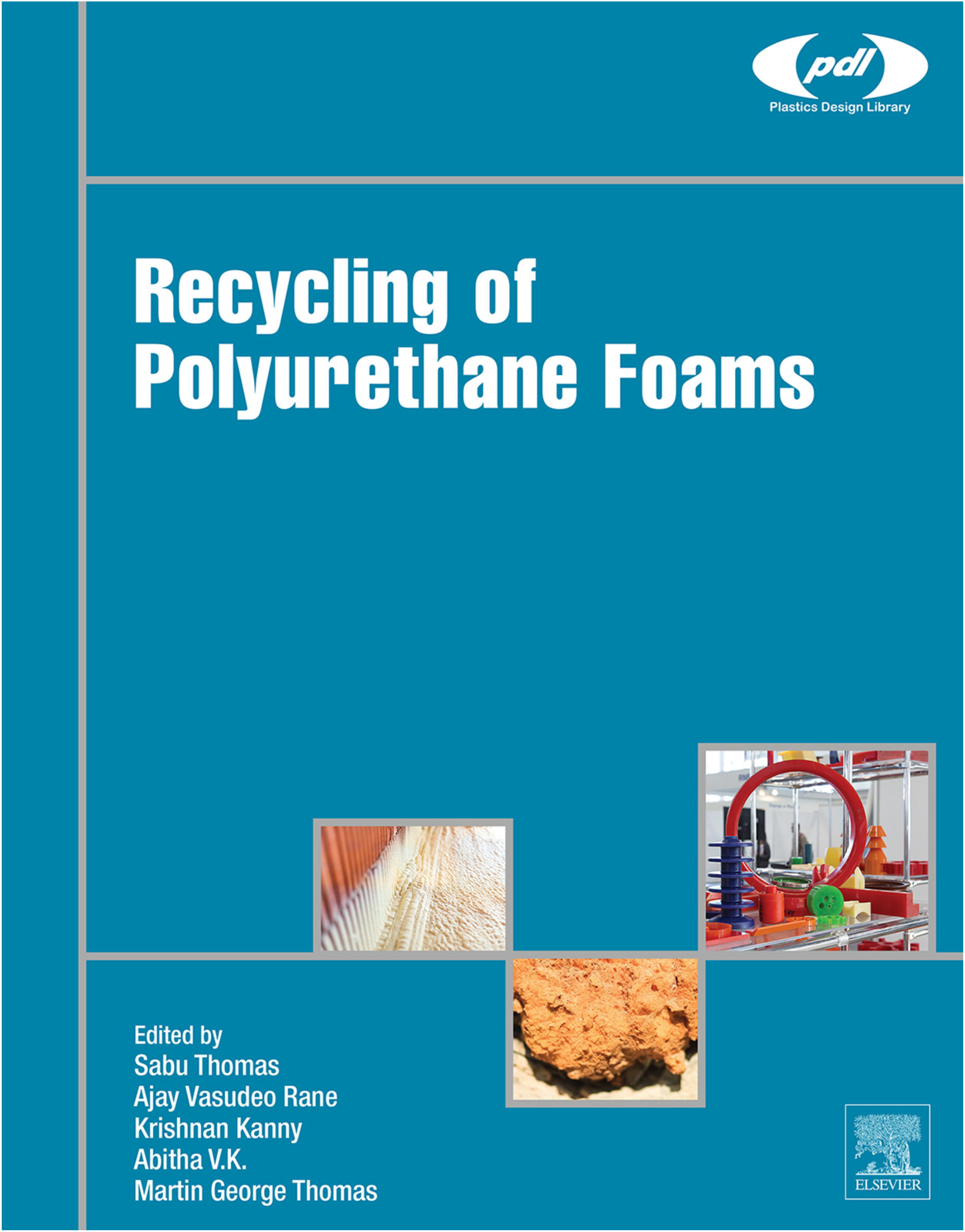 | RECYCLING OF POLYURETHANE FOAMS “Since its invention by Otto Bayer and his group in 1937, and following production with the purpose of coating aircrafts during World War II, Polyurethane (PU) foams have been used extensively in furniture, insulation panels, medical appliances, automotive interiors and in a number of consumer products for daily use. The impressive development of polymer and plastic industry results in billions of tons of polyurethane produced annually, which generates the need for the concurrent development of recycling strategies for waste products.>>> Download full article |
 | WASTE BIOREFINERY: POTENTIALS AND PERSPECTIVES The major drivers of bioenergy of this century include the improvement of energy security, addressing the issue of finite amounts of fossil fuels and natural resources and mitigation of the effects of climate change. Consequently, due to the currently ongoing energy crisis, focus on the production of biofuels and bio-products has increased worldwide. Biofuels and bio-products can be produced from biomass by means of a conversion process known as biorefinery. |
 | THE NATURE AND USE OF ECOTOXICOLOGICAL EVIDENCE: NATURAL SCIENCE, STATISTICS, PSYCHOLOGY, AND SOCIOLOGY “Weight of evidence” (WOE) is a commonly used term in scientific literature, particularly in forensic sciences, environmental risk assessment and in policy decision-making processes. Its concept, however, is often misunderstood. In fact, as Weed (2005) reported in his review on the use of WOE in literature, three main interpretations can be identified: (1) metaphorical, where it refers to a collection of studies or to an unspecified methodological approach; (2) methodological, where it points to established interpretative methodologies or implies that “all” rather than some subsets of the evidence is examined, or rarely, where it points to quantitative methods for evidence estimation; and (3) theoretical, where it serves as a label for a conceptual framework.. >>> Download full article |
